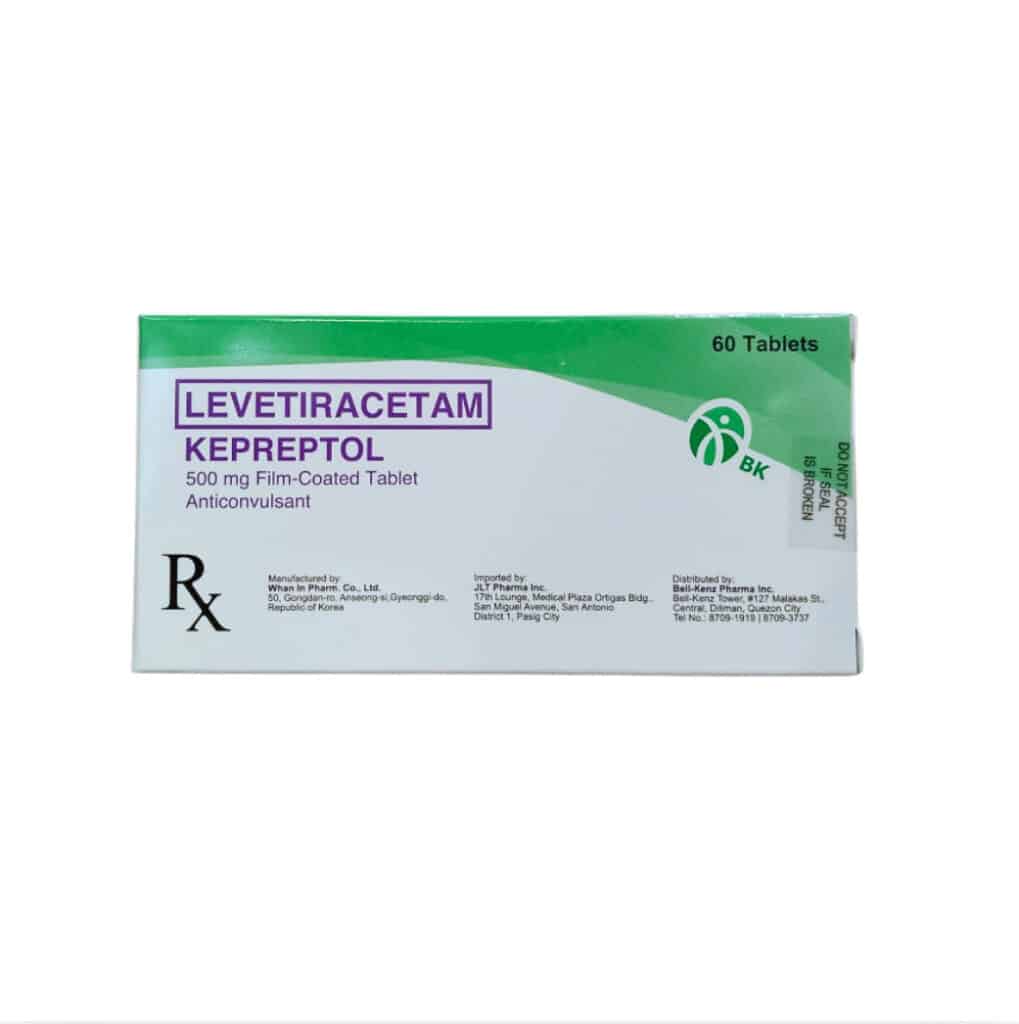France is now established as a beacon of innovation in health.
French MedTech startups are revolutionizing care through artificial intelligence.
This harmonious synergy promises to profoundly transform the medical landscape.
The rise of cutting-edge technologies is redefining diagnostic and treatment methods. By 2025, European regulatory reforms will provide new opportunities and challenges for the sector. Artificial intelligence plays a central role in optimizing care and predictive medicine. Strategic collaborations, such as the one between Quest and Google, illustrate the infinite potential of this revolution.
“`html
In a constantly evolving world, medical technology (medtech) asserts itself as a key player in health innovation. The integration of generative artificial intelligence (generative AI) opens new perspectives for improving the quality of care and optimizing regulatory processes. This synergy between medtech and AI promises to profoundly transform the medical landscape, offering more effective and personalized solutions.
How generative artificial intelligence improves the quality of medical devices
Generative artificial intelligence plays a crucial role in improving the quality of medical devices. By analyzing vast datasets, generative AI allows for the design of more precise devices tailored to the specific needs of patients. For example, French startups like Digital Pharma Lab D4 use generative AI to develop prototypes of medical devices in record time, thereby reducing time-to-market.
Moreover, generative AI facilitates the personalization of medical treatments. By integrating clinical and genetic data, devices can be adapted in real time to the individual characteristics of patients, thus improving treatment efficacy and reducing the risks of side effects. This personalized approach enhances patient trust in medical technologies and contributes to better adherence to treatments.
What are the impacts of emerging technologies on regulatory processes
Emerging technologies, including generative AI, have a significant impact on regulatory processes in the medtech sector. Regulatory authorities must quickly adapt to integrate these innovations while ensuring the safety and efficacy of medical devices. In Europe, the regulatory reforms planned for 2025, such as the IVDR and the MDR, redefine the standards for access to and market entry of medical devices.
These reforms impose stricter requirements for documentation and validation of devices. Generative AI can facilitate this process by automating the generation of complex documents. For example, Yseop is revolutionizing medical regulatory writing by automating the creation of regulatory documents, thus reducing the time needed to comply with new standards.
What challenges do French medtech startups face with generative AI
French medtech startups, while dynamic and innovative, face several challenges in integrating generative AI. One of the main obstacles is the need for high-quality data to train AI models. Collecting and managing this data requires significant investments in infrastructure and expertise.
Moreover, collaboration among various health stakeholders, such as hospitals, technology companies, and regulatory authorities, is essential to overcoming these challenges. MedTech Global Gateway is an example of an initiative that facilitates these collaborations by providing a gateway to international markets for health companies, thereby promoting the exchange of knowledge and resources.
How generative AI is transforming pharmaceutical research and development
Generative AI is also revolutionizing research and development in the pharmaceutical industry. According to a study by the McKinsey Global Institute, AI could generate $110 billion annually for this sector. AI accelerates the development of drugs by optimizing molecule design and facilitating clinical trials.
Companies like Ethik-IA use advanced algorithms to predict treatment efficacy and identify the best therapeutic combinations. This approach reduces research costs and increases the chances of success for new drugs, while ensuring safer and more effective treatments for patients.
What are the advantages of generative AI for healthcare management
Generative AI offers numerous advantages for healthcare management, particularly in terms of early diagnosis and predictive medicine. By analyzing massive data, AI allows for the identification of patterns and early indicators of diseases, enabling quick and targeted interventions.
Companies like EMT B6 leverage generative AI to develop advanced diagnostic tools that improve the accuracy and speed of diagnoses. These tools enable healthcare professionals to make informed decisions, thereby optimizing care pathways and improving patient outcomes.
What are the implications of generative AI on telemedicine and biotechnologies
The integration of generative AI in telemedicine and biotechnologies opens new avenues for medical innovation. AI facilitates remote patient monitoring, biomedical data analysis, and the development of personalized treatments, making healthcare more accessible and effective.
For example, Ethik-IA develops telemedicine solutions that use generative AI to analyze patient data in real time, allowing for rapid intervention if needed. This technology is particularly valuable in rural or underserved areas, where access to care may be limited.
How strategic collaborations drive innovation in medtech
Strategic collaborations between technology companies, research institutes, and medical institutions are essential to driving innovation in medtech. These partnerships enable the sharing of knowledge, resources, and technologies, thereby accelerating the development of innovative solutions.
A notable example is the partnership between Quest and Google for generative artificial intelligence in medtech. This collaboration aims to harness Google’s advanced AI capabilities to develop more accurate and effective medical tools. Such alliances enhance the ability of French startups to innovate and position themselves in international markets.
What are the economic benefits of generative AI for the healthcare sector
Generative AI offers significant economic benefits for the healthcare sector by optimizing processes and reducing costs. By automating repetitive tasks and improving process efficiency, AI allows healthcare facilities to reallocate resources toward higher-value activities.
According to a study by the McKinsey Global Institute, AI could not only generate substantial productivity gains but also create new business opportunities. Companies like Digital Pharma Lab D4 use generative AI to develop cost-effective solutions that meet the growing needs of the sector while maintaining high standards of quality and safety.
How does European regulation influence innovation in medtech
European regulation plays a crucial role in guiding and influencing innovation in the medtech sector. The reforms planned for 2025, such as the IVDR (In Vitro Diagnostic Regulation) and the MDR (Medical Device Regulation), impose stricter standards to ensure the safety and efficacy of medical devices.
These regulations push companies to adopt advanced technologies like generative AI to comply with new requirements. For example, Ethik-IA has adapted its development processes to integrate generative AI, ensuring continuous compliance with regulatory standards while maintaining a high level of innovation.
What future developments are expected in medtech due to AI
The future of medtech looks promising, thanks to ongoing advancements in generative AI. There is an expectation of even deeper integration of AI in the design, manufacturing, and management of medical devices. These developments will not only improve the quality of care but also optimize administrative and regulatory processes.
Among emerging trends, predictive medicine occupies a central place. By using generative AI to analyze large datasets, healthcare professionals will be able to anticipate patient needs and tailor treatments accordingly. Moreover, AI will facilitate the management of medical records, making information more accessible and better organized.
Initiatives like EMT B6 continue to push the boundaries of what is possible by developing technologies that not only address current challenges but also anticipate future needs in the healthcare sector.
How institutions support innovation in medtech with AI
Institutions play a crucial role in supporting and developing innovation in medtech, particularly with the integration of generative AI. Funding programs, incubators, and collaborative platforms are established to encourage startups and established companies to innovate.
For example, MedTech Global Gateway provides a platform that connects health companies with international partners, thereby facilitating access to new markets and essential resources. Similarly, initiatives like Ethik-IA benefit from institutional support that enables them to develop and deploy innovative technologies effectively and securely.
What are the benefits for patients through generative AI in medtech
One of the main benefits of generative AI in medtech lies in the improvement of experiences and outcomes for patients. Through more accurate and rapid diagnostics, personalized treatments, and optimized care management, patients enjoy significantly better quality of care.
For instance, the advanced diagnostic tools developed by Ethik-IA allow for early disease detection, thus increasing the chances of successful treatments. Additionally, generative AI facilitates the creation of tailored treatment plans designed to meet the specific needs of each patient, enhancing clinical outcomes and patient satisfaction.
How does generative AI contribute to cost reduction in the healthcare sector
Generative AI plays a vital role in reducing costs within the healthcare sector. By automating complex processes and optimizing workflows, AI allows for substantial savings while maintaining, or even improving, the quality of care.
For example, Digital Pharma Lab D4 uses generative AI to automate the design and validation of medical devices, thereby reducing development costs and accelerating time-to-market. Furthermore, the optimization of administrative processes through AI helps reduce errors and inefficiencies, contributing to a more cost-effective management of resources.
What are the ethical issues of generative AI in medtech
The adoption of generative AI in medtech also raises significant ethical issues. Data privacy, patient safety, and algorithm transparency are major concerns that need to be addressed to ensure responsible use of AI.
Companies like Ethik-IA are committed to adhering to high ethical standards regarding data collection and processing. Additionally, they work closely with regulators to ensure compliance with data protection standards and to guarantee that AI algorithms are transparent and fair.
How does generative AI foster continuous innovation in medtech
Generative AI is a powerful engine for continuous innovation in the medtech sector. By allowing for rapid and efficient exploration of new ideas and technologies, AI paves the way for ongoing and significant advancements.
Companies like EMT B6 utilize generative AI to explore innovative solutions and quickly test new ideas. This capacity for rapid iteration enables the discovery of disruptive innovations that can transform the medical landscape and proactively address emerging challenges.
In conclusion, the integration of generative AI in medtech represents a major advance for the healthcare sector. By improving the quality of medical devices, optimizing regulatory processes, and driving innovation, generative AI opens new perspectives for more effective, personalized, and sustainable health.













